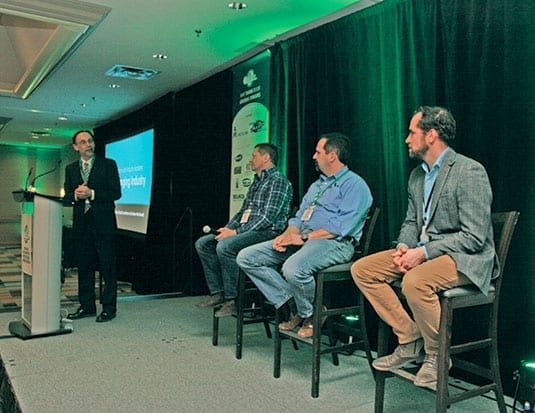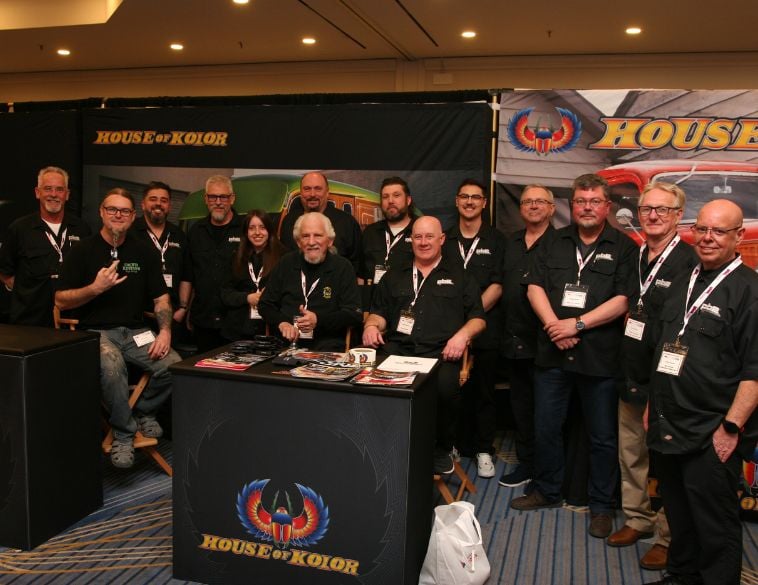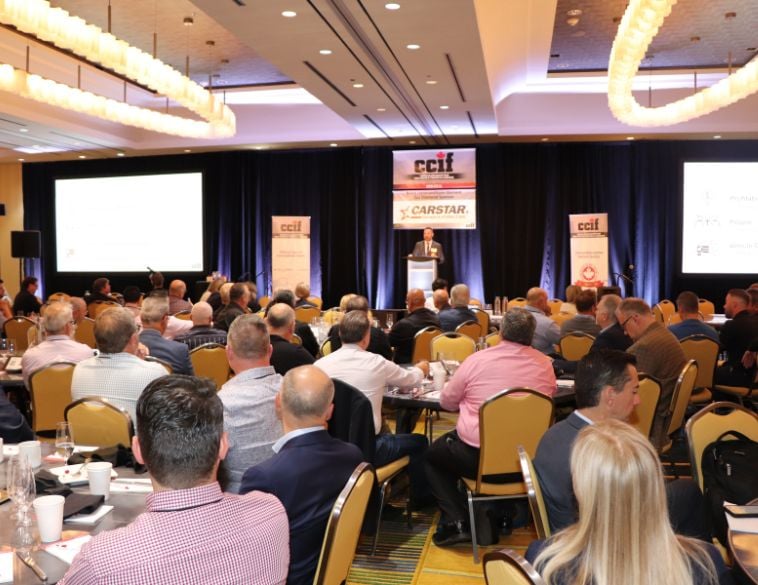Forging stronger connections between different sectors will create a stronger automotive industry.
From March 28 to 30, the Ontario Automotive Recyclers Association (OARA) held its annual Convention and Tradeshow, this time at the Hilton/Meadowvale in Mississauga.
A major goal at this year’s event was to bring people from outside Ontario and outside the automotive recycling industry together to help view the bigger picture. It has become quite clear that we have a role to play within the circular economy and that the more people understand what we do and the challenges we face, as well as the challenges other participants, including insurers, repairers and even OEMs, face, the better we’re able to come up with solutions for the industry.
Different perspectives
At the convention, we had OEM representatives and insurers in attendance. I was able to speak with them following several information sessions, and it was interesting to see them gain new insight and perhaps a different point of view.
During our Friday panel discussion, which focused on the State of the Industry, a key topic raised was the repairability of modern vehicles. One of our panel members highlighted a repair on a family vehicle that began as a $2000 minor repair but quickly escalated to a $4,000 repair, a $17,000 repair and eventually a total loss because of the complexity of its construction.
Other discussions at the event focused on hybrids and EVs as well as the introduction of new R1234yf refrigerant in A/C systems. For the A/C systems, recyclers will have to obtain new equipment for discharging R1234yf but because the new refrigerant is in short supply, every gram of it is valuable. So, despite having to purchase new equipment, the ROI can realistically be achieved in as little as one month.
Often, this kind of information isn’t completely shared upstream or downstream within the automotive ecosystem, and it creates a silo effect where different players within different spaces, such as the OEMs, repairers, insurers and recyclers don’t understand or aren’t aware of how their actions and decisions can impact others.
CAFE regulations
A lot of the current challenges we face in the industry stem from regulations, notably Corporate Average Fuel Economy (CAFE) requirements. The OEMs are under a great deal of pressure to deliver lighter, more fuel-efficient vehicles as well as maintain advanced levels of safety. The downside is this creates complexity in design and engineering, which means they can’t be repaired like in the past, and it creates a cascading effect. Another issue is that factors such as fuel economy, emissions and safety are all legislated whereas repair and recycling of a vehicle are not.
When disruptions develop in the industry it’s important for everybody within the circular economy to figure out how to adapt to them and also for people located in different locations to share their position, including the challenges and opportunities they face. This was one reason why we had a contingent of U.S. recyclers attend this year’s convention. They deal with the same product, same industry and same environment, but the legislative culture in the U.S. means they will likely feel the impact of regulations before we do here in Canada.
The circular economy works when there is a true interaction between different parties. And if you only look at it from a silo perspective, you can create problems and miss opportunities by trying to defend your little piece of the pie. It can also lead to a scenario where somebody upstream or downstream makes a decision without your input and you are left having to deal with the consequences. The more time you spend defending, the less you spend advancing the overall industry.



